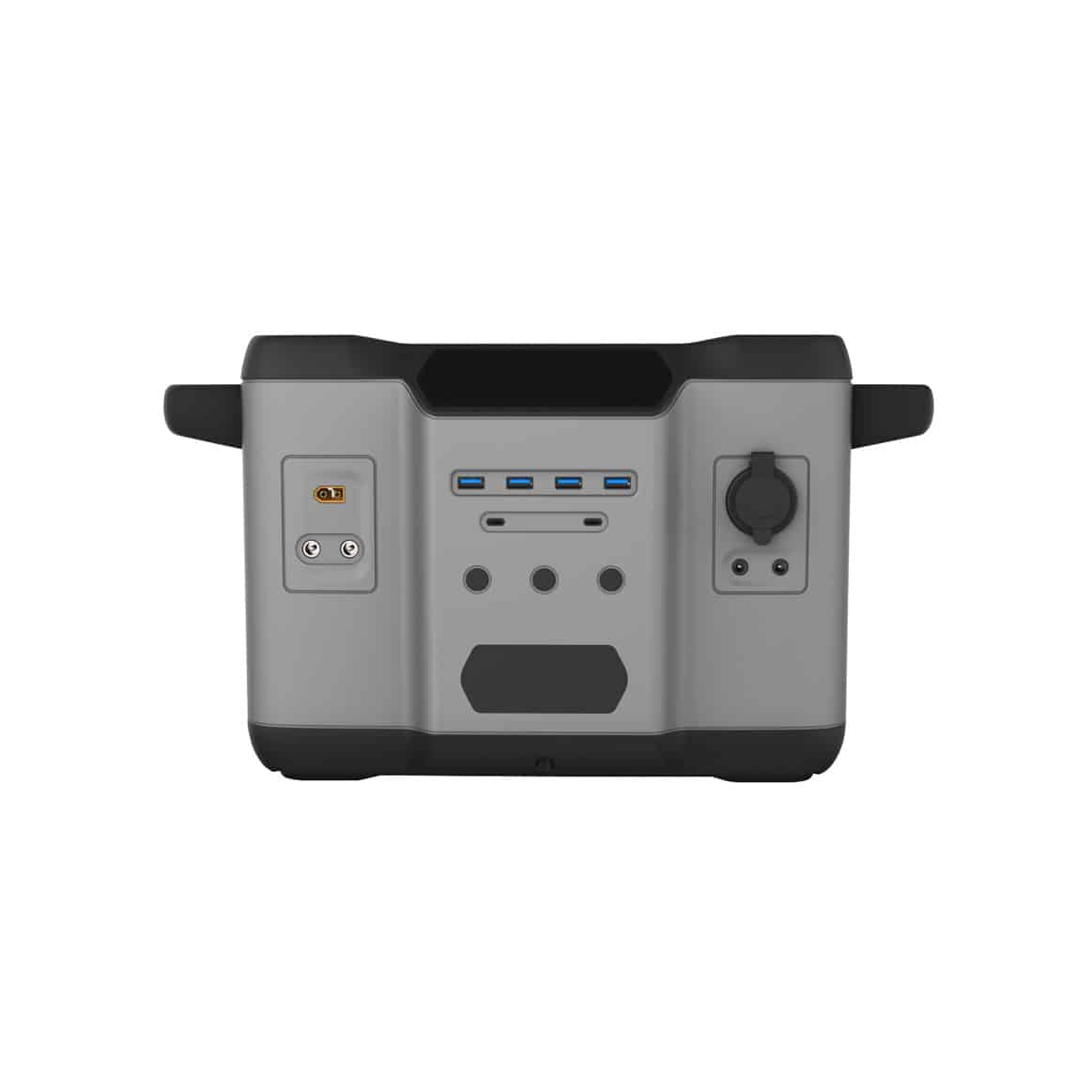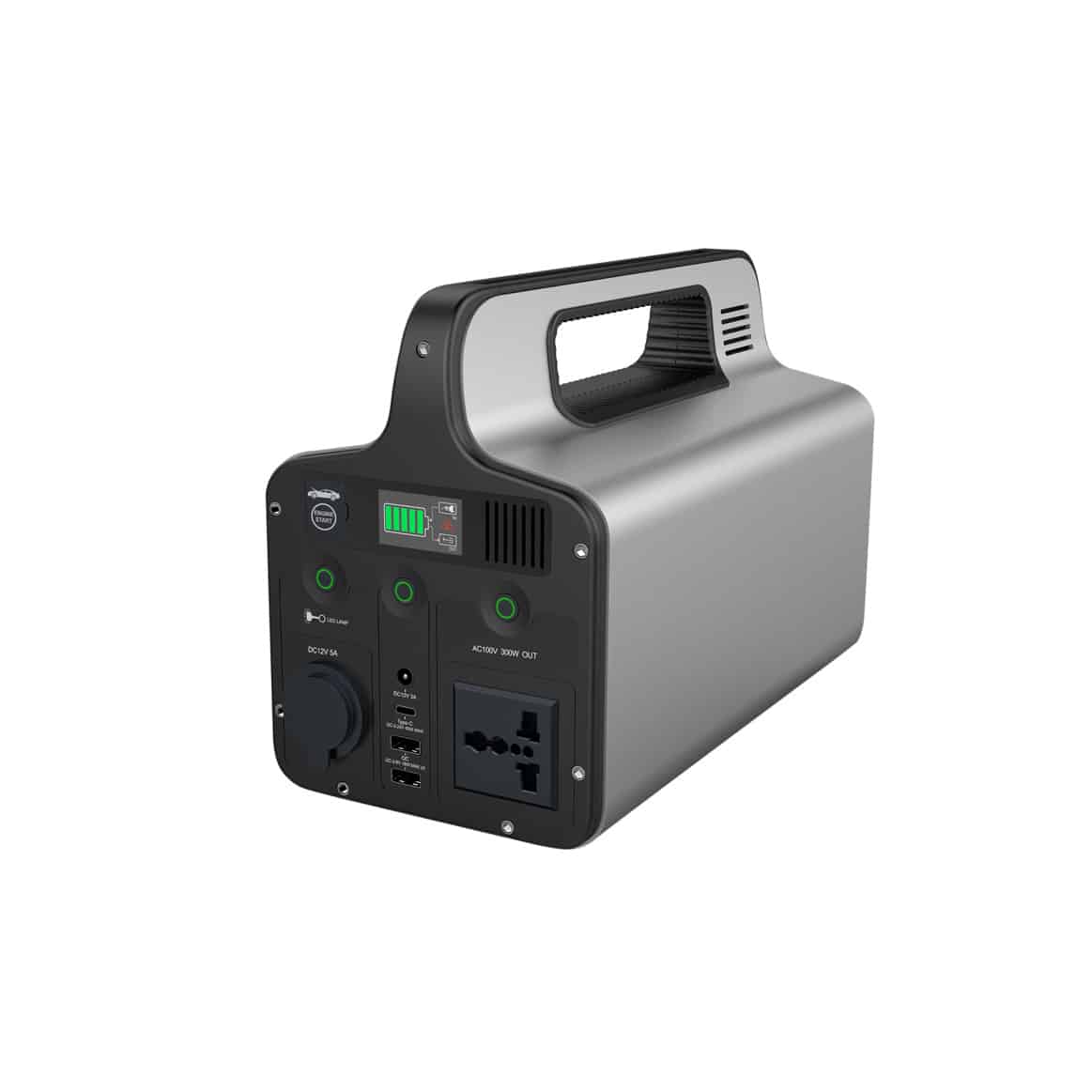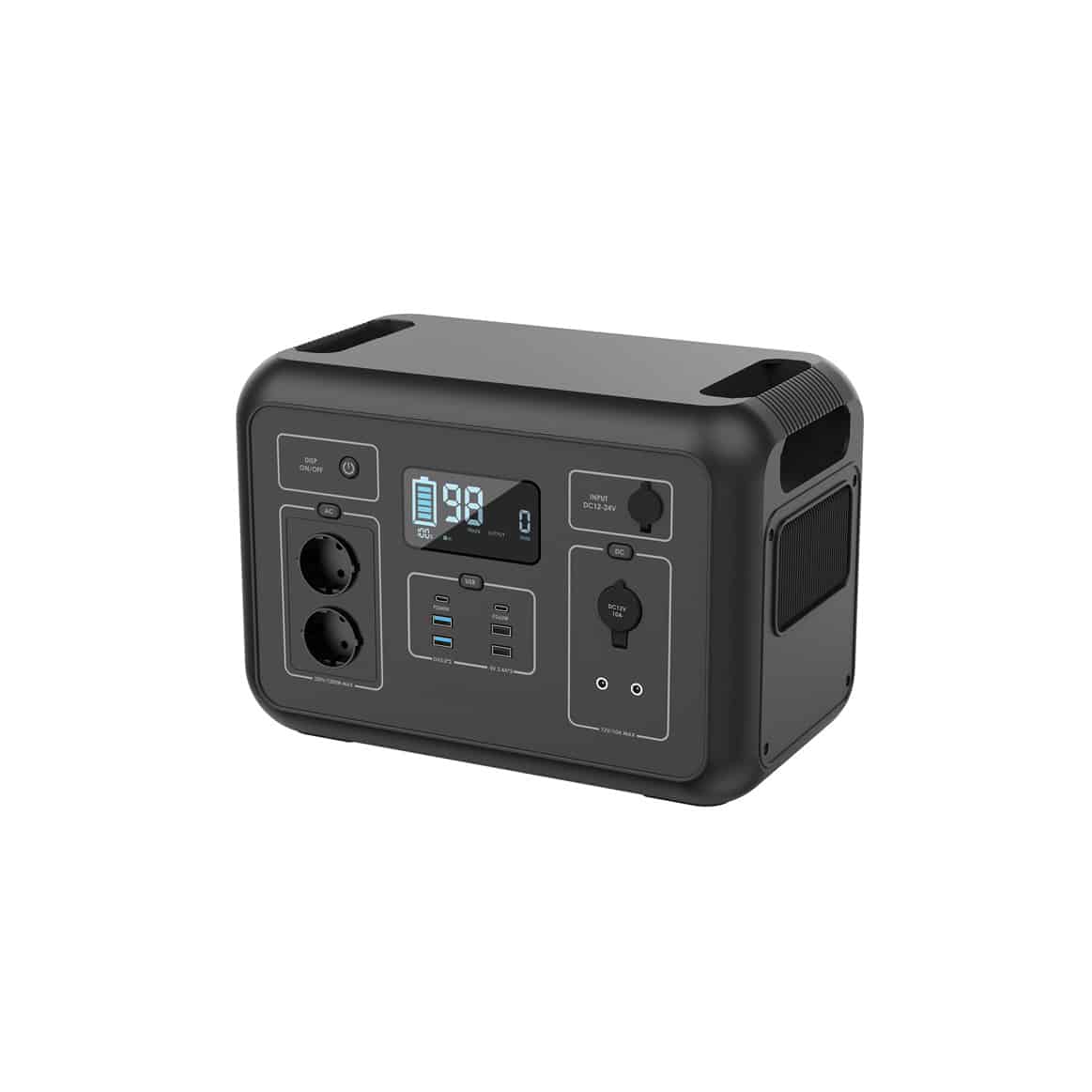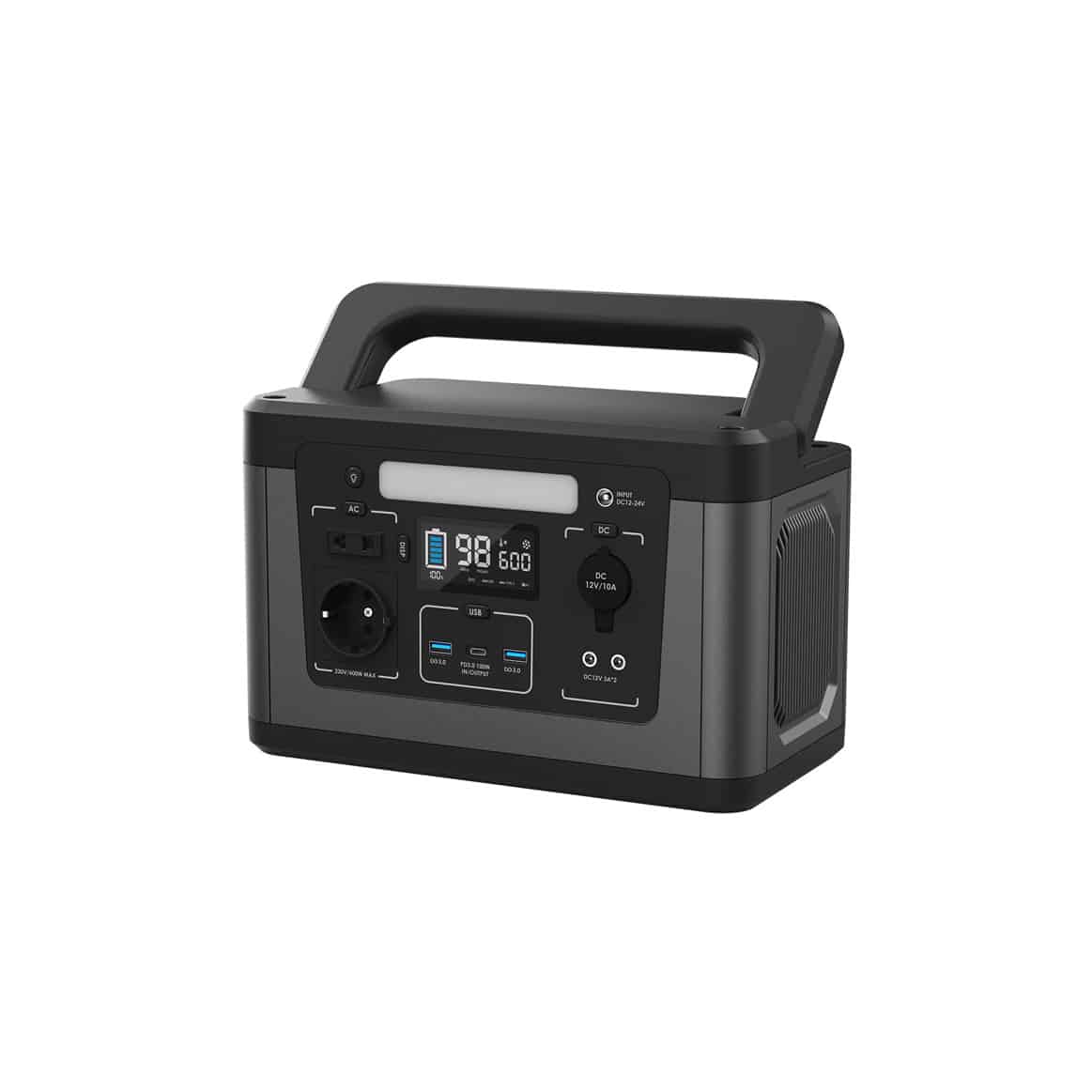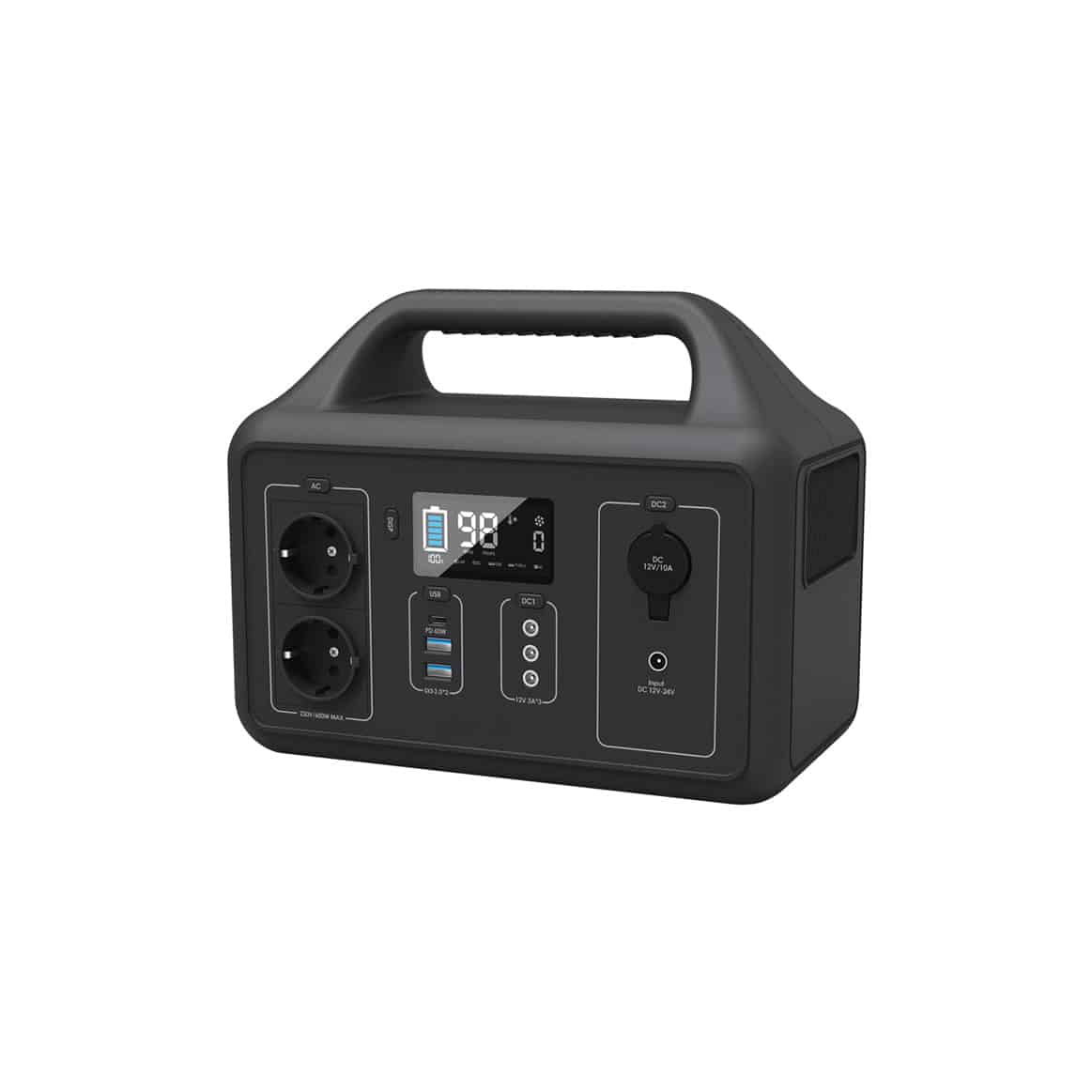Product Cateogries
Portable Power Station
A portable power station is essentially a giant battery pack, which can charge multiple devices and keep your home’s essential appliances running for hours during a power outage. Especially now that energy costs are going through the roof, they can be a more affordable alternative to using mains power because they can be charged up using solar panels.
All Redway Products Come with

DIDN’ T FIND WHAT YOU WERE LOOKING FOR?
CUSTOM PORTABLE POWER STATION
Redway Battery specializes in providing a diverse selection of battery sizes and configurations to cater to a wide range of applications. Whether you need standard battery options or have unique power requirements, our team of experienced engineers is here to assist you throughout the entire process of designing, developing, testing, and manufacturing custom battery solutions tailored to your specific needs. Feel free to reach out to us today to learn more about our comprehensive range of battery solutions and how we can create a customized solution for you.
DEDICATED FACTORY SUPPORT
Redway Battery is a renowned lithium-ion battery supplier and manufacturer located in China. We specialize in delivering OEM and ODM lithium batteries, catering to potential clients and customers.
By leveraging our combined domestic and international manufacturing capabilities, we are able to produce a diverse range of products that incorporate various cutting-edge technologies, offer flexible pricing options, and ensure timely delivery.
We continually strive to provide high-quality lithium-ion batteries that meet the demands of today’s market.
LEARN BATTERY KNOWLEDGE
At Redway Battery, our team of battery experts is dedicated to sharing comprehensive knowledge about new energy technologies. We are passionate about customizing batteries for a wide range of electronic devices, offering tailored battery solutions, and developing specialized battery solutions. We take pride in providing the most professional and up-to-date information regarding batteries. Our expertise covers a wide range of topics, including battery knowledge, industry news, company updates, informative guides, and more. By staying informed with us, you can access the latest insights and practical information on battery technologies and their applications. Stay connected with us to explore the world of batteries and unlock valuable knowledge and resources.

DOWNLOAD REDWAY PRODUCT BROCHURE AND SPEC
REDWAY PROMISE

QUALITY
6000 TIMES CYCLES
5 YEARS WARRANTY
10 YEARS DESIGN LIFE

CERTIFICATION
ISO9001,ISO14001, OHSAS18001, CE, CB, UL, KC, FCC, BIS, IEC62133.

SERVICES
EXW, FOB, DAP, DDP OPTIONAL T/T, L/C OPTIONAL
Related Knowledge
Can I leave my portable power station plugged in all the time?
- Battery capacity preservation: Continuous charging or overcharging of the battery can lead to a reduction in its capacity over time. This means that the battery may not hold as much charge as it originally did, resulting in decreased performance and shorter runtime.
- Overheating risk: Leaving a portable power station plugged in for extended periods can increase the risk of overheating. Overheating can potentially damage the battery and other components of the power station, affecting its overall functionality and lifespan.
- Energy consumption: Continuous charging of the power station, even when it is fully charged, can result in higher energy consumption. This can lead to unnecessary energy usage and increased electricity costs in the long run.
What are the disadvantages of a portable power station?
- Regular charging requirement: Portable power stations rely on batteries for energy storage, and as such, they require regular charging. Users need to ensure that the power station is adequately charged to meet their energy needs. Failure to do so may result in insufficient power supply when it is needed the most.
- Potential battery replacements: Over time, the batteries in portable power stations may degrade or reach the end of their lifespan. Depending on the specific model and usage, users may need to replace the batteries, which can incur additional costs and maintenance requirements.
- Limited energy output: Portable power stations have a finite energy output capacity determined by the size and capacity of the batteries. This means that they may not be suitable for high-power applications or prolonged use without recharging. Users should carefully assess their energy requirements and match them with the capabilities of the power station.
- Time-consuming recharging process: Recharging a portable power station can take a significant amount of time, especially if the battery capacity is large. Users should plan accordingly and allow sufficient time for the power station to recharge fully before it is needed again.
- Relatively higher purchase price: Compared to other power sources, portable power stations can have a relatively higher initial purchase price. This is due to the advanced battery technology and portability features they offer. Users should consider their budget and weigh the benefits against the cost before making a purchasing decision.
How long will a portable power station run?
- Power capacity: The capacity of a portable power station is typically measured in watt-hours (Wh). The higher the power capacity, the more energy it can store, resulting in a longer potential runtime.
- Power draw of devices: The total power draw of the devices connected to the power station directly affects its runtime. Devices with higher power draw will consume energy at a faster rate, reducing the overall runtime of the power station.
- Calculation method: To estimate the runtime of a portable power station, divide the total power draw of connected devices by the power capacity of the power station. This calculation provides an approximate duration of operation based on the current power consumption.
How often should I charge my portable power station?
- Charging after use: It is generally recommended to charge the portable power station to 100% after each use. This practice ensures that the power station is ready for future use and maximizes its available energy capacity.
- Regular maintenance charging: Even if the power station is not in use, it is advisable to recharge it to 100% every 3 months. This regular maintenance charging helps prevent the battery from entering a deep discharge state, which can negatively impact its overall performance and lifespan.
- Manufacturer recommendations: It is important to consult the specific manufacturer’s guidelines for your portable power station. Some manufacturers may provide specific charging recommendations based on the battery technology and capacity of their power stations.
What is the difference between a power bank and a portable power station?
- Power Bank: A power bank is a compact and lightweight device designed primarily for charging smartphones and small devices. It offers convenience on the go and easily fits into pockets or bags. Power banks are ideal for individuals who require a portable charging solution for their mobile devices.
- Portable Power Station: In contrast, a portable power station is a larger and more robust device capable of handling larger electronics such as laptops, cameras, and even small appliances. It is often used in outdoor activities like camping, traveling, or as an emergency backup power source. Portable power stations provide greater capacity and versatility for various power needs.
How long does a 200W portable power station last?
- Power capacity and draw: The capacity of a portable power station, measured in watt-hours (Wh), plays a significant role in determining its runtime. A 200W power station with a 500Wh capacity can run devices that consume 200W for approximately 2.5 hours (500Wh ÷ 200W = 2.5 hours). However, it’s important to consider that runtime may vary based on factors like power loss during conversion and the efficiency of the power station.
- Efficiency and power loss: Portable power stations may experience power loss during the conversion process from stored energy to usable power. This power loss can affect the overall runtime of the power station. Higher efficiency power stations will have less power loss and potentially longer runtimes.
Can I use my portable power station while charging?
- Pass-through charging: Some portable power stations offer a feature called “pass-through charging.” This feature allows the power station to be used while simultaneously recharging. However, it is important to note that not all power stations support this feature, so it is crucial to check the specific model and its capabilities.
- Temperature considerations: When using a power station while it is charging, it is important to monitor the temperature generated by both operations. If the temperature becomes excessively high, it is recommended not to use the power station while it is charging. Following manufacturer recommendations and guidelines regarding temperature limits is crucial for safe and efficient operation.
Can you overcharge a portable power station?
- Battery degradation: Overcharging a portable power station can lead to damage and degradation of its battery cells. Continuous exposure to excessive charging can cause the battery’s capacity to decrease over time, resulting in reduced performance and shorter runtime.
- Decreased lifespan: The lifespan of a portable power station can be significantly affected by overcharging. The battery cells may experience accelerated wear and tear, leading to a shortened overall lifespan. To ensure the longevity of the power station, it is crucial to avoid overcharging and adhere to recommended charging practices.

